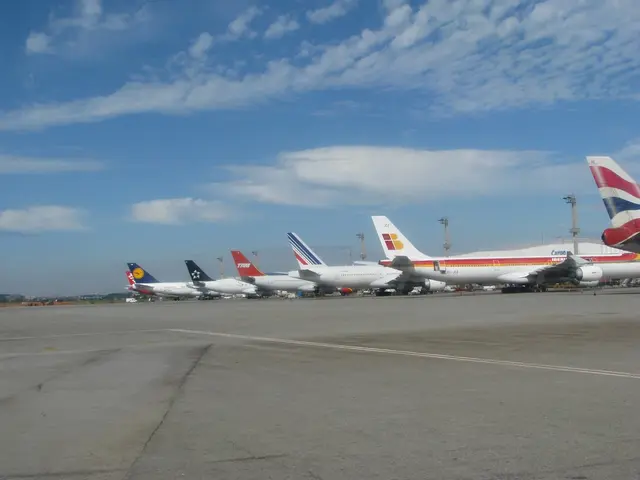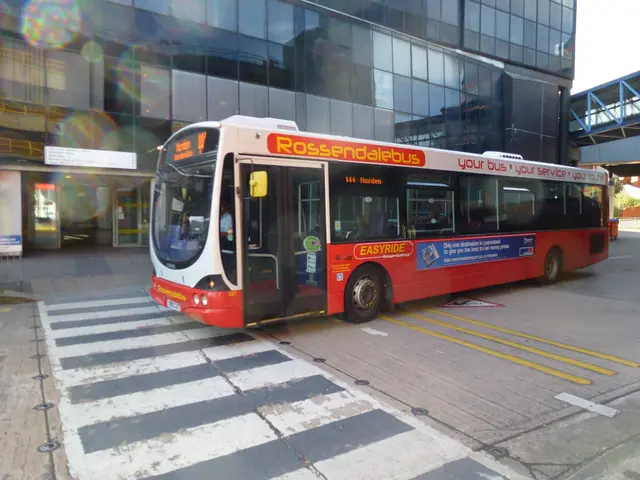Involvement of the Commission extended to the planning of the programme.
In a pressing concern for the nation's infrastructure, the Association of German Construction Industry (BDZV) has weighed in on the debate about the funding of new highway projects. Tim-Oliver Müller, CEO of the BDZZ, has made a statement regarding the funding gaps that have arisen, calling it a 'declaration of bankruptcy on infrastructure'.
The current legislative period, spanning from 2021 to 2025, has seen the CDU/CSU coalition and SPD involved in financing infrastructure and transport news, including roads. However, despite allocated funds, no new highways will be built during this period due to budget issues and project delays.
This situation has raised concerns about the potential impact on citizens. Delayed or cancelled construction projects could result in broken bridges, road closures, detours, and traffic jams for the general public.
Autobahn GmbH, the company responsible for managing Germany's motorways, has halted highway tenders, further highlighting the urgency of the situation.
Müller's statement is part of an ongoing discussion about the funding of new highway projects. He has expressed his views on the matter, stating that insufficient funds for roads and bridges are not provided in the federal budget, and the massive debt package is being reshuffled instead of being used for economic growth and location modernization.
The infrastructure gap, which has been warned about for years, remains unaddressed. The construction industry has been ready with capacities for years but has not received the promised investments.
Members of the Bundestag are urged to give the Federal Minister of Transport more financial leeway to address these funding gaps and ensure the necessary investments are made in the country's infrastructure. The Association of German Construction Industry is involved in this debate, advocating for the necessary action to be taken to prevent further delays and ensure the safety and convenience of citizens.
This issue is considered irresponsible towards the infrastructure, citizens, and the construction industry, as it not only affects the current generation but could also have long-term consequences for future generations. Müller's statement addresses this concern directly, emphasizing the importance of addressing the funding gaps for new highway projects to maintain the country's infrastructure and support economic growth.








